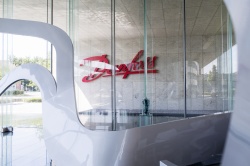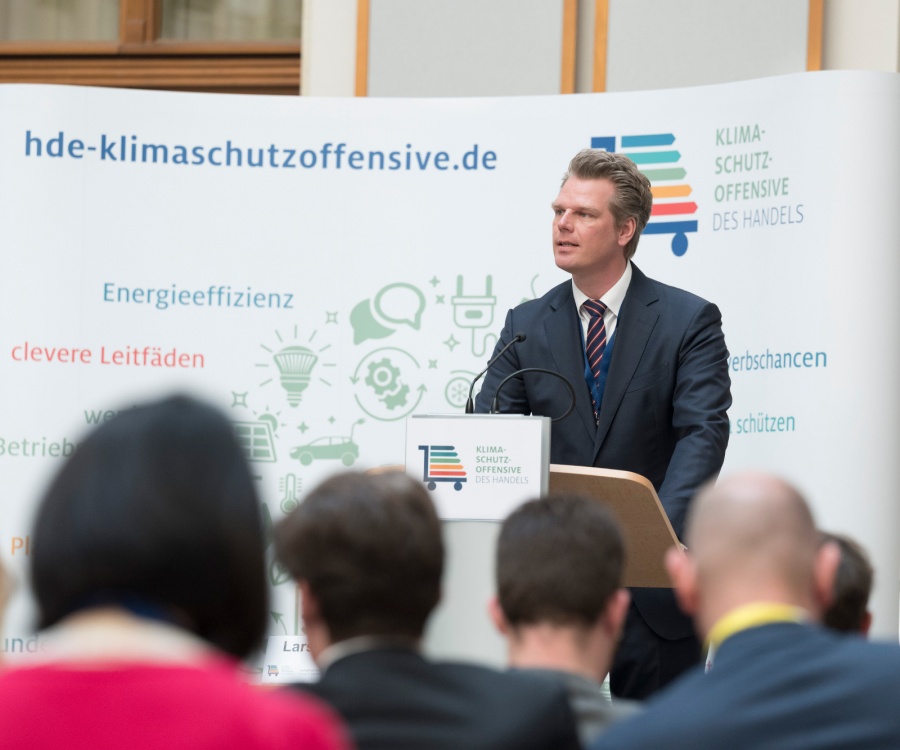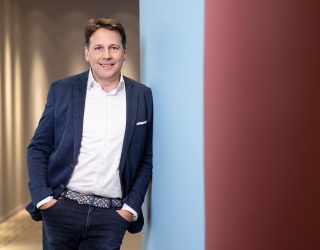For the eighth consecutive year, Danfoss, a leading manufacturer of high efficiency electronic and mechanical components and controls for air-conditioning, heating, refrigeration, industrial and water systems, was a sponsor of the Alliance to Save Energy's Energy Efficiency Global Forum.
The invitation-only event convened nearly 500 energy leaders from across sectors, with the goal of integrating effective policies and business practices into actionable plans for the next generation of energy efficiency.
The executive dialogue session led by Menzer "What are the necessary steps to creating whole building efficiency?" examined the next level of efficiency in buildings, where a holistic approach is key.
Setting the stage for discussion, Menzer noted, "We've made commendable strides in reducing the energy consumption of U.S. commercial buildings in recent years. In the last 15 years, energy use has risen only 7 percent, compared to 50 percent during the prior 15 years. Looking ahead, achieving the next leap in energy efficiency will require us to look at the building as a whole -- rather than as discreet pieces. And there are several converging technologies with the potential to shift the way energy is used in commercial buildings and change the role of electric utilities."
Among these technologies, energy recovery, advanced building envelopes and windows, and LED lighting reduce a building's demand for heating and cooling, while variable-speed technology provides important peak-load benefits and demand response capabilities that help utilities reduce electricity demand on the days they experience extreme loads. Menzer also cited on-site renewable photovoltaic generation, on-site gas-fired combined heat and power, energy storage and enhanced building systems.
Joining Menzer in the panel discussion were Rahul Chopra, entrepreneur and a partner at Ventus Partners; Ralph DiNola, executive director, New Buildings Institute; Jaap Hogeling, manager international projects, ISSO; and Richard Lord, fellow, Carrier. The panel explored the Systems Efficiency Working Group initiative from AHRI, opportunities in financing and practical lessons from Europe.
A holistic approach to building efficiency also supports the goal of doubling U.S. energy productivity by 2030 - an objective set forth by the Obama Administration and the underlying goal of the Alliance to Save Energy's Energy 2030 program.
Source: Danfoss





